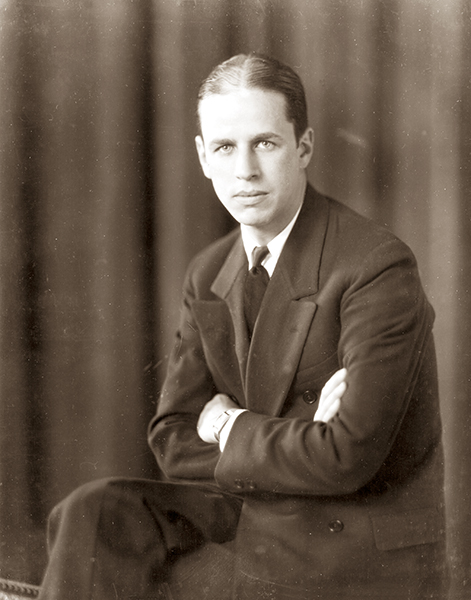Back in April I posted a piece on one of Hudson Strode's travel books, Now in Mexico. Strode taught English at the University of Alabama for many years before his death in 1976; many of the state's fiction writers passed through his classes. In addition to his travel books, Strode published a three volume biography of Jefferson Davis.
In some ways James Saxon Childers [1899-1965] was similar to Strode. Childers was born in Birmingham and taught English at Birmingham-Southern College from 1925-1942. He also wrote some travel studies, such as the one I'm looking at in this post. While at Birmingham-Southern he published reviews and columns in local newspapers and several significant novels, including Hilltop in the Rain [1928], set at a small southern college. The significance of The Bookshop Mystery [1930] is noted at the end of this post. His 1936 work A Novel about a White Man and a Black Man in the Deep South was a daring portrait of endemic racism in the southern U.S. The 1942 spy novel Enemy Outpost was based on Childers' own military experiences.
I have comments about this 1936 travel book below some of the images. As with the Strode book on Mexico, I haven't read this one and plan to let it go in the downsizing of my book collection.
You can find Childers 1933 Birmingham News-Age-Herald article on Parker High School here. One from the following year on the legendary Birmingham elephant Miss Fancy is here.
Photograph of Childers from the Encyclopedia of Alabama
Childers in his study at Birmingham-Southern College in the late 1930'sSource: BhamWiki
My copy of the book is the 1936 first edition, but does not have the dust jacket, which you can see here.
Like my copy of Strode's book, this one is signed by the author. I have been unable to identify "Vincent Townsend". Journeys through Childers' papers at the Birmingham Public Library or the University of North Carolina might solve the mystery. That message from Childers is rather cryptic.
By the time this book appeared in 1936, Childers had quite a track record of publications.
Yes, we have the "Great White Visitor coming out of the jungle photograph" as the frontispiece. Childers is not only wearing a white suit and hat and a tie, but has the coat buttoned. Did people really travel like that or was the outfit donned for the photo?
I'm such a book nerd I researched the printers, Quinn and Boden of Rahway, New Jersey. The company was apparently a large one; a 1922 book about it can be read here.
More cryptic dedications
Childers devotes a chapter to a strike by Mexican prostitutes and another to the "hellish sport" of bull fighting.
More chapters are devoted to Rio, the "most beautiful city on earth", a thousand mile odyssey up the Amazon, and tropical fish. His final chapter, excerpts below, discusses American ignorance about the other America.
One day while fishing on a lake in Alabama, Childers up and decided to fly around the whole of South America and see much of it. His reason? He knew "virtually nothing about the people of South America today, [and] I decided that I would go find out about them."
As he ends the book, Childers notes some things he would do differently if he took the trip again.
The author notes that Americans need to overcome their lack of knowledge and their misinformation about the nations of South America. On a golf course in Uruguay, a famous surgeon gives him sage advice that we in the United States still haven't taken.
Childers' only mystery novel, published in 1930, has never been reprinted and sells on the rare book market for prices ranging from $200+ to $900+. The work is an early example of the bibliomystery, a genre which involves libraries, bookstores, archives, their employees and/or the rare book market, etc.























No comments:
Post a Comment